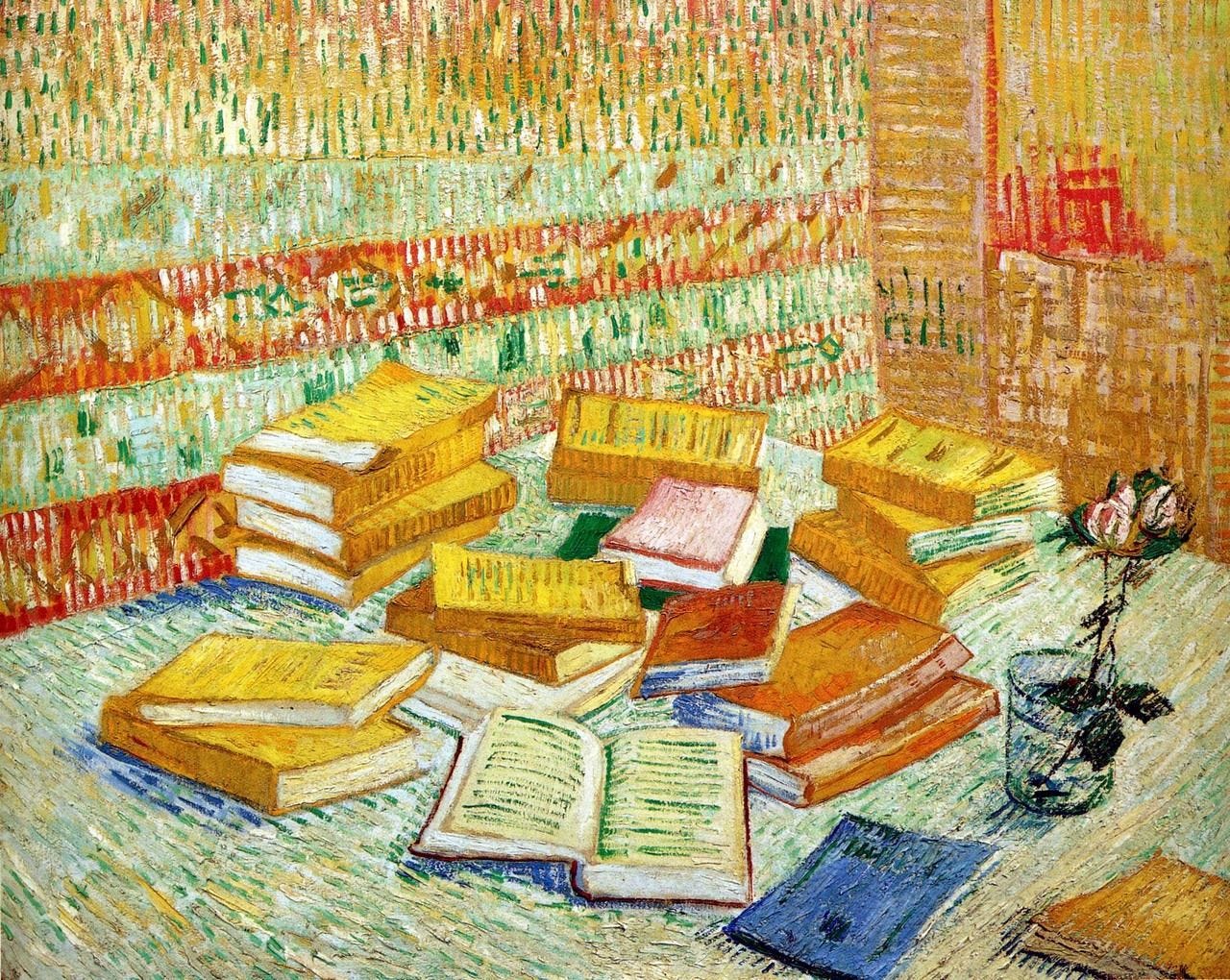A Guide to Booklegging: How (and why) to collect, preserve, and read the printed word
Semantic mountains, mind communion, and building your book monastery
Today’s article explores why we need to build “book monasteries”, with tips and insights, including a plethora of Great Book lists! -
The bookleggers smuggled books to the southwest desert and buried them there in kegs. The memorizers committed to rote memory entire volumes of history, sacred writings, literature, and science, in case some unfortunate book smuggler was caught, tortured, and forced to reveal the location o…
Subscribe to School of the Unconformed to continue reading
Head to the author’s Substack to subscribe and keep reading.






